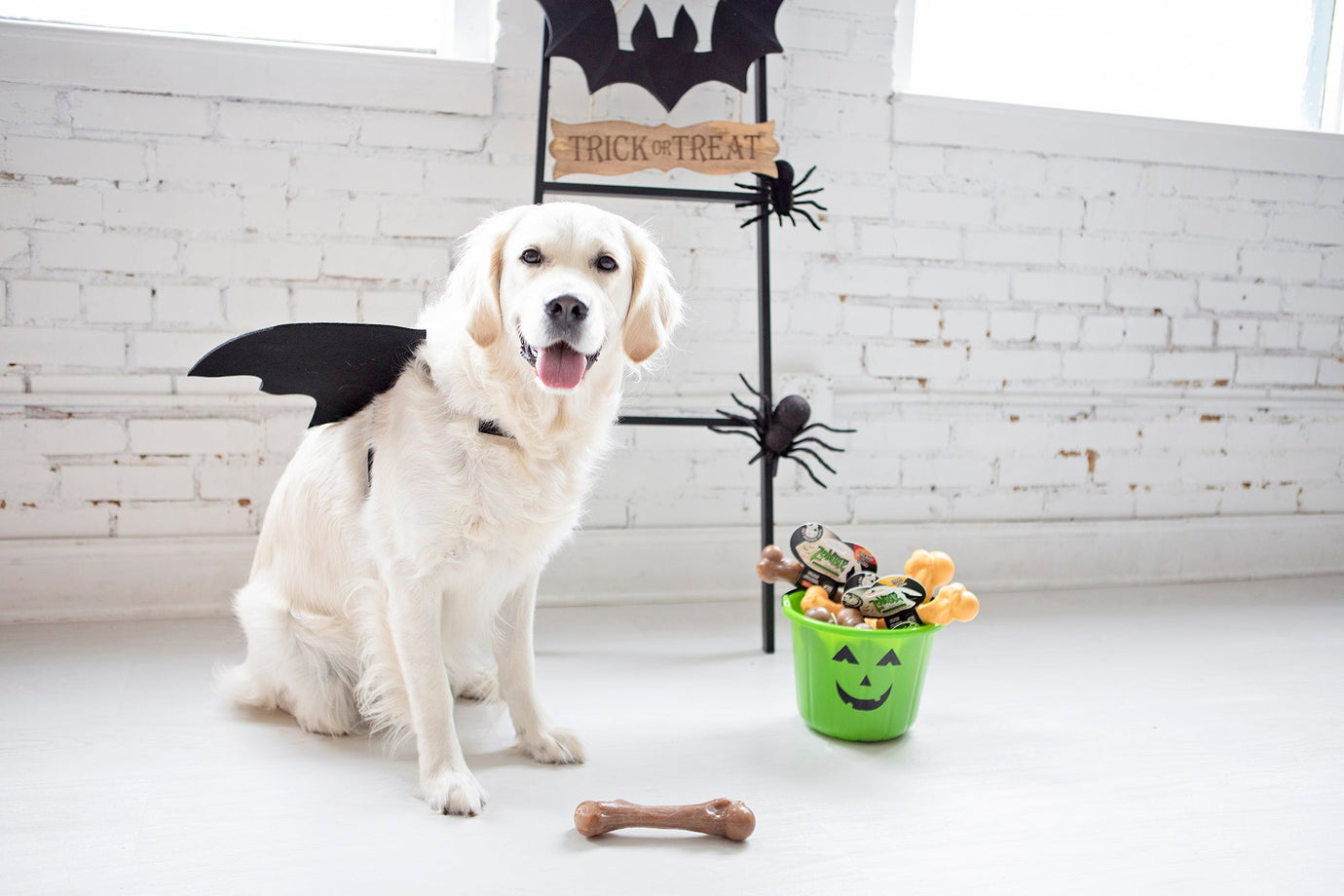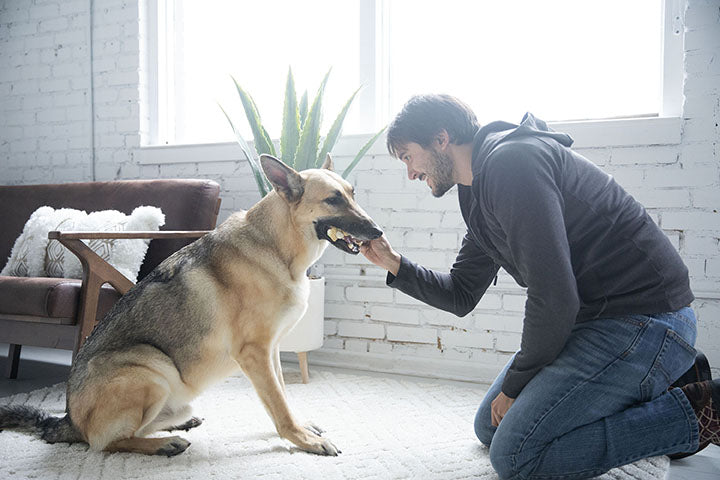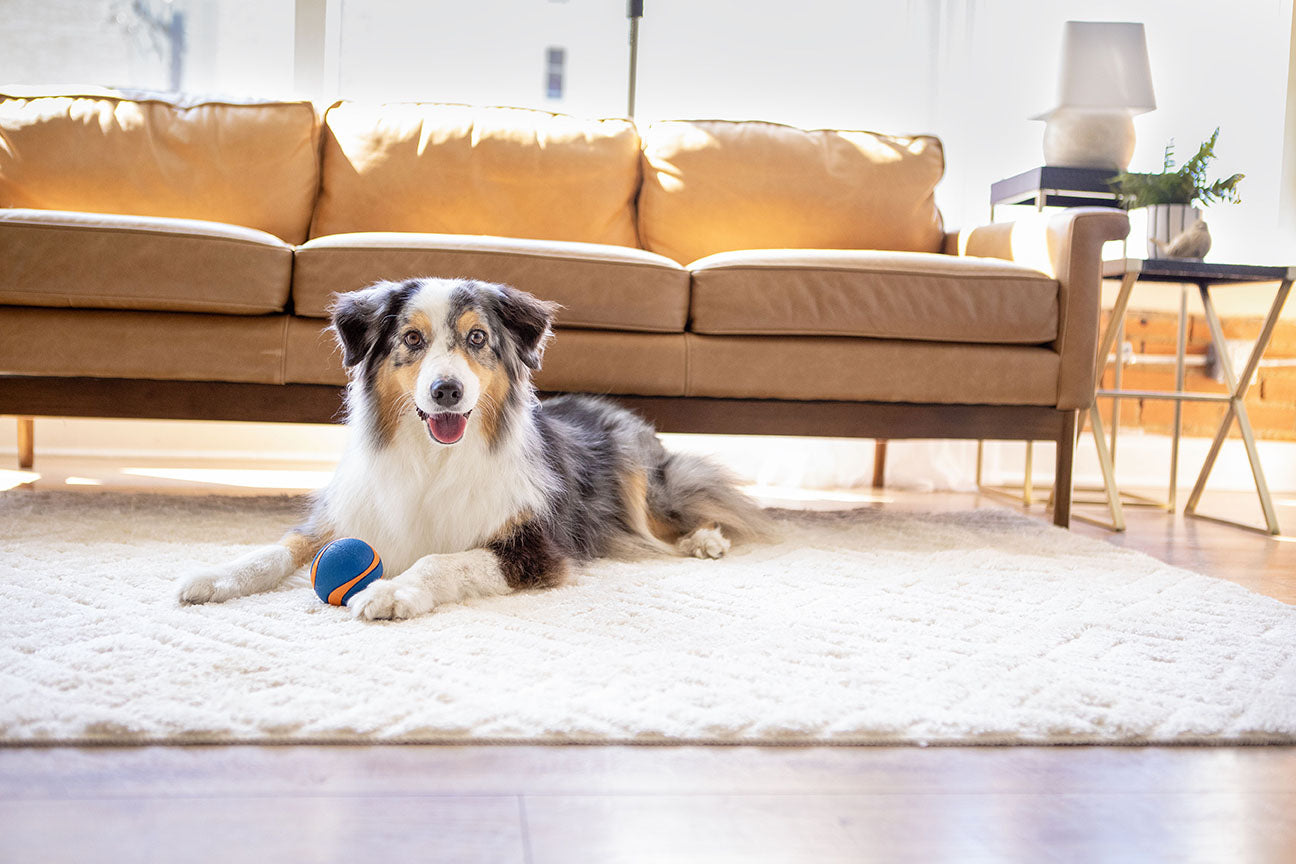How Often Should You Clean Your Bird's Cage? Essential Tips for Bird Owners

Keeping is an important part of keeping your pet bird healthy and happy. A dirty cage can lead to odors, bacteria buildup, and even illness. Whether you’re a first-time bird owner or have years of experience, understanding how often and how thoroughly to clean your bird’s living space is key to their well-being.
Birds naturally make a mess with food, feathers, and droppings, which can quickly accumulate on the cage floor, perches, and accessories. Regular cleaning not only keeps the cage looking tidy but also prevents harmful bacteria and mold from growing. But how often should you clean your pet bird's cage?
In this guide, we’ll explore the daily, weekly, and deep-cleaning tasks you can follow to maintain your entire cage and keep your feathered friend healthy and comfortable.
Importance of Regular Bird Cage Cleaning
Keeping your bird’s cage clean is essential for their health and happiness. Birds thrive in a clean environment, and regular cleaning prevents the buildup of dirt, bacteria, and harmful germs. Neglecting this task can lead to serious health issues for your feathered friend. Let’s break down why maintaining a clean cage is so important.
1. Prevents Illness and Promotes Health
Birds are sensitive to their surroundings. A dirty cage can harbor bacteria, mold, and pests that can make your bird sick. Regularly cleaning the cage, including feeders, perches, and bird toys, ensures that your pet has a safe place to live. This also reduces the risk of respiratory issues and skin infections.
2. Reduces Unpleasant Odors
A clean cage not only benefits your bird but also keeps your home smelling fresh. Droppings, leftover food, and spilled water can quickly cause foul odors. By consistently cleaning the cage, you eliminate these smells before they become a problem.
3. Encourages Natural Behaviors
A tidy cage with clean perches, bird toys, and cage accessories encourages birds to play, explore, and stay active. When the cage is clean and well-organized, your bird is more likely to feel secure and engage with their surroundings.
Daily Cleaning Tasks for Your Bird's Cage

Daily cleaning tasks are essential for maintaining a hygienic bird cage. To ensure your bird’s safety before cleaning, here's how:
- Removing Droppings and Uneaten Food: Removing droppings and uneaten food daily is vital. This prevents the buildup of harmful bacteria and allergens, ensuring a clean environment for your bird and reducing the risk of infection.
- Cleaning Bird Food and Water Bowls: Daily cleaning of food and water bowls is important for your bird’s health. Dirty bowls can harbor bacteria and germs, leading to illnesses. Wash the bowls with hot water and soap, then dry them thoroughly.
- Wiping Down Surfaces: Wiping down surfaces in your bird’s cage daily removes dirt and debris, maintaining cleanliness. Use a damp cloth to prevent bacteria buildup.
Weekly Deep Cleaning Routines
Keeping your bird's cage clean is essential for their health and happiness. A thorough weekly cleaning helps remove dirt, bacteria, and leftover debris. Here’s a simple guide to effectively clean deep bird cages.
Preparation Steps
Before you begin, gather your cleaning supplies:
- A scrub brush or sponge
- White vinegar (a natural disinfectant)
- A bucket of warm, soapy water
- Fresh water for rinsing
- Paper towels or a clean cloth
Start by removing your bird from the cage and placing them in a safe area. Remove all toys, perches, and feeding dishes. Make sure everything is dry completely before placing them back into the cage.
Cleaning the Cage
- Empty and Shake Out Debris: If possible, take the cage outside and shake out loose debris, such as feathers and food remnants. Clean the surrounding area to prevent pests.
- Wash the Base: Scrub the base of the cage with warm, soapy water. Use white vinegar to disinfect stubborn stains or odors. Rinse with water and wipe dry.
- Scrub Bars and Crevices: Focus on the bars and corners where dirt can hide. Use the brush or sponge with white vinegar to remove buildup. Rinse thoroughly with water.
- Clean Accessories: Wash perches, toys, and dishes in soapy water. Rinse well to remove soap residue and dry completely before returning them to the cage.
Finishing Up
Once the cage and all accessories are clean and dry, reassemble everything. Replace the bedding or liner and fill food and water dishes with fresh supplies. Wipe the surrounding area to maintain cleanliness.
Safe Cleaning Products for Bird Cages

Safe cleaning products maintain your bird’s health during the cleaning process. Natural options like vinegar, baking soda, and lemon juice are effective and safe. Here are the reasons why using these cleaners are safer for pets:
- Using Vinegar and Water Solution. Vinegar and water are an effective, safe cleaning agent for bird cages. Mix them in a spray bottle and use them to clean surfaces, kill germs, and remove dirt and odors. For stubborn stains, let them sit before scrubbing and rinsing. This method ensures cleanliness without introducing harmful chemicals.
- Baking Soda. Baking soda absorbs odors in the birdcage. Sprinkle it on the bottom, let it sit, then vacuum or wipe it off. This simple method maintains a fresh-smelling cage without harming your bird.
- Bird-Safe Commercial Cleaners. Bird-safe commercial cleaners are formulated to be gentle while effectively cleaning the cage. Designed for bird owners, they ensure a safe and healthy environment for your pet birds.
Troubleshooting Common Cleaning Challenges
Cleaning your bird’s cage can present challenges. A mixture of bird-safe cleaners and elbow grease effectively removes tough stains. Managing persistent odors requires regular cleaning and good ventilation.
Promptly repair or replace damaged cage parts to ensure your bird’s safety and well-being.
- Dealing with Stubborn Stains: Stubborn stains can be tackled with proper scrubbing techniques and bird-safe cleaners. A mixture of vinegar and water or baking soda helps remove tough stains safely. Ensure cleaning products are safe for your bird.
- Managing Persistent Odors: Managing persistent odors involves regular cleaning and natural deodorizing solutions like lemon juice and baking soda. Good ventilation is also key. These strategies maintain a fresh-smelling cage environment for your bird.
- Repairing Damaged Cage Parts: Repairing damaged cage parts prevents injuries and maintains hygiene. Fix chewed or broken parts quickly using safe materials. Universal replacement parts can extend the cage’s life without a full replacement. Ensure repairs are securely done to keep your bird safe.
Creating a Safe, Stimulating, and Spotless Home for Your Bird
Regular cage cleaning is key to keeping your bird healthy and happy. By removing waste daily and deep cleaning weekly, you can create a clean and comfortable environment.
Beyond cleaning, maintaining a stimulating environment with the right supplies is essential. Petmate offers a wide range of bird perches, swings, and toys that encourage natural behaviors and keep your bird engaged. Accessories like bird baths and feeding stations not only make care easier but also enhance your pet’s well-being.
A clean cage, paired with quality supplies and accessories, ensures your bird thrives in a space that’s both safe and enriching.
Previous article

Next article

Related posts
View all-

Halloween Pet Safety: Keep Your Furry Friends Safe & Happy
-

National Dog Week: 7 Fun Ways to Celebrate with Your Pup
The last full week of September marks National Dog Week: a tradition going strong since 1928. Founded by Captain William Lewis Judy, this celebration was created to promote responsible dog ownership, reduce the number of stray dogs, and honor the incredible role dogs play in our lives.
Read Article -

How to Prep Your Pet for Fall: Grooming and Wellness Tips
As the days grow shorter and the crisp air settles in, our routines naturally shift; long walks become brisk outings, and cozy nights become the norm. Like us, pets feel these changes. Helping them ease into the new season ensures they stay happy, comfortable, and healthy.
Read Article



